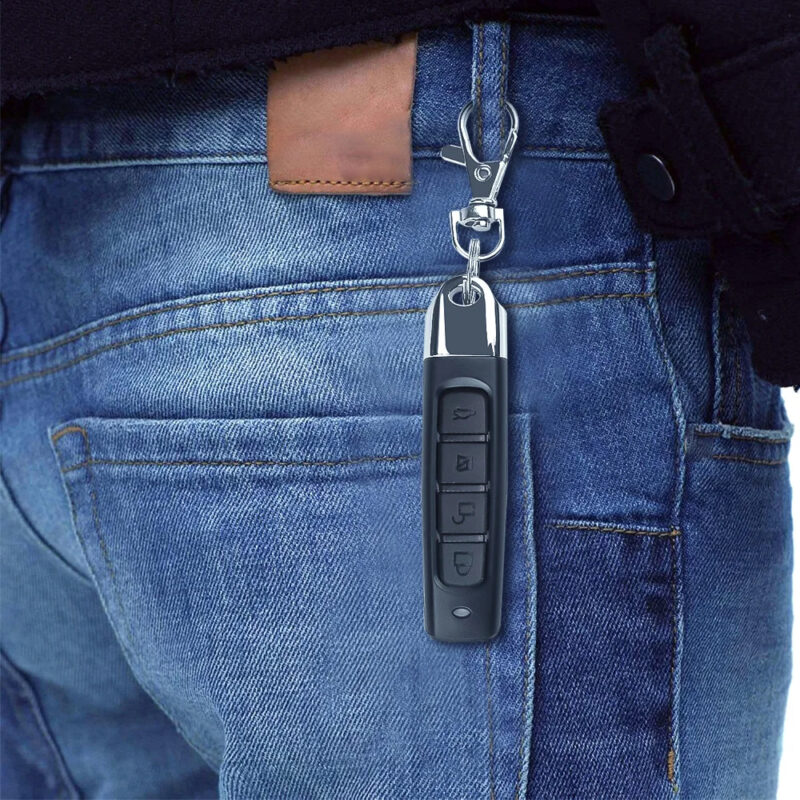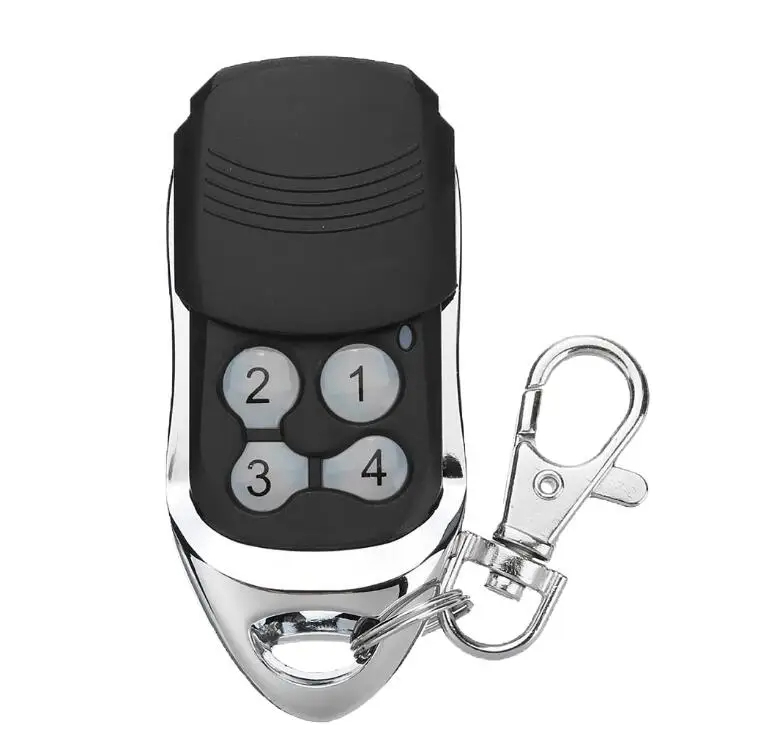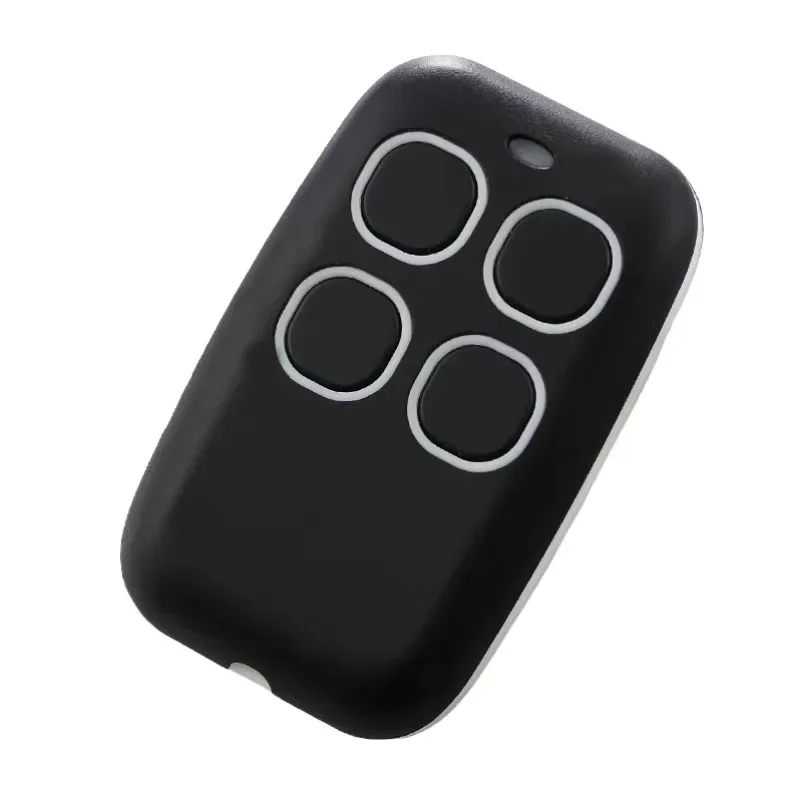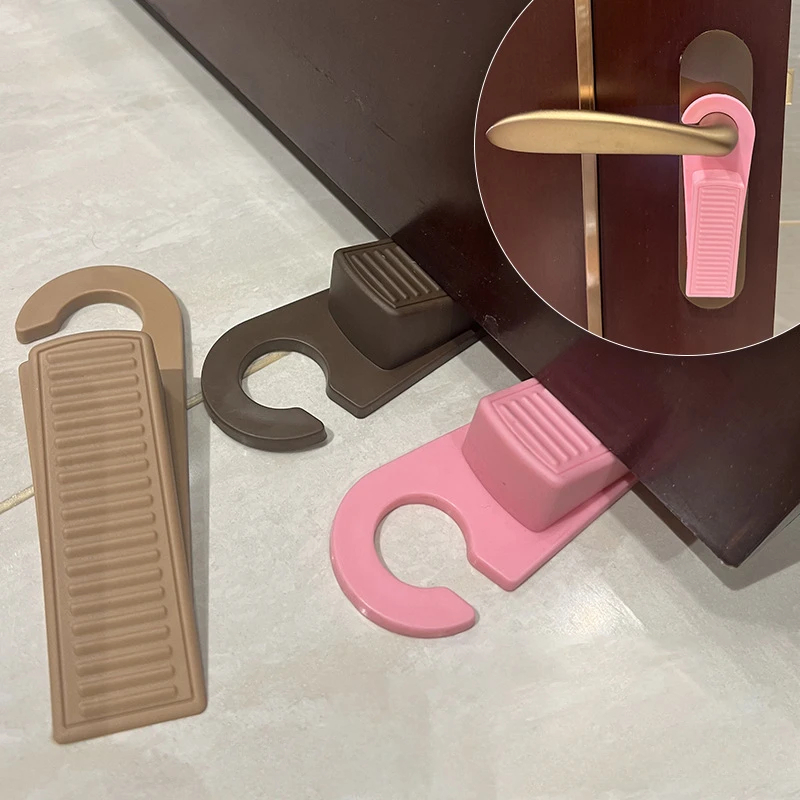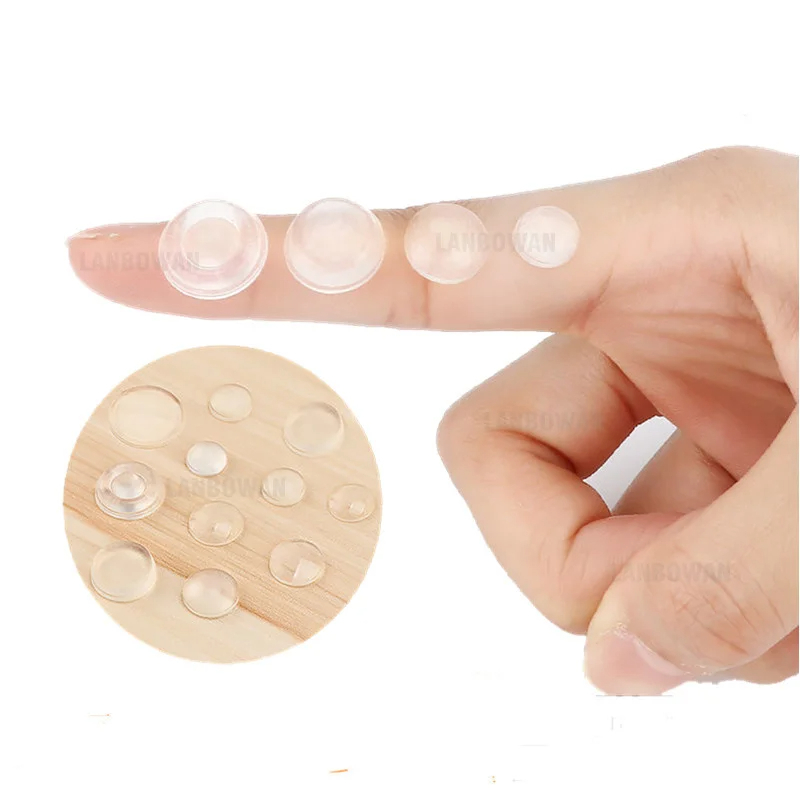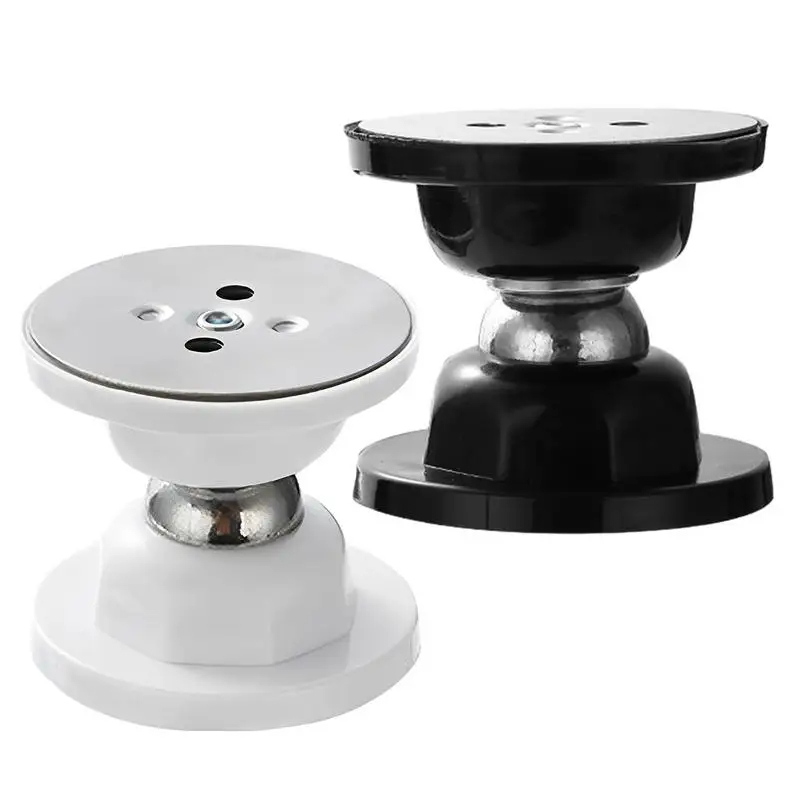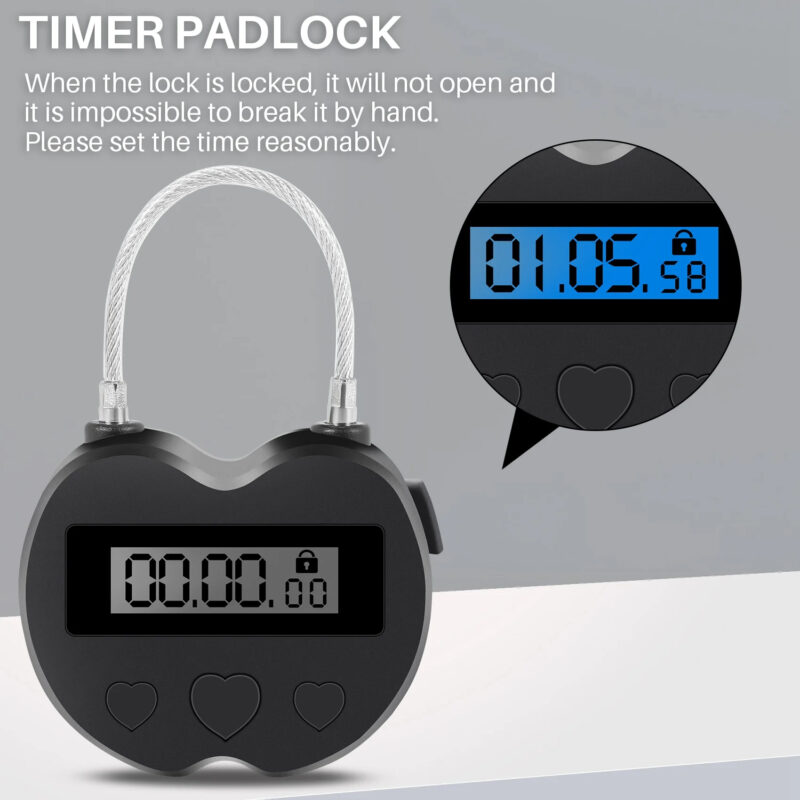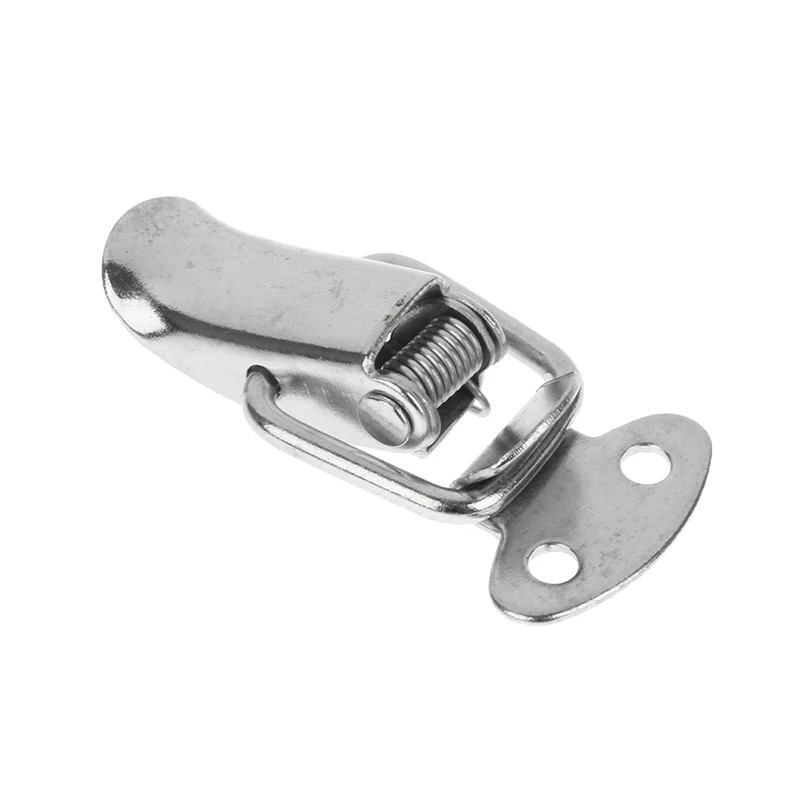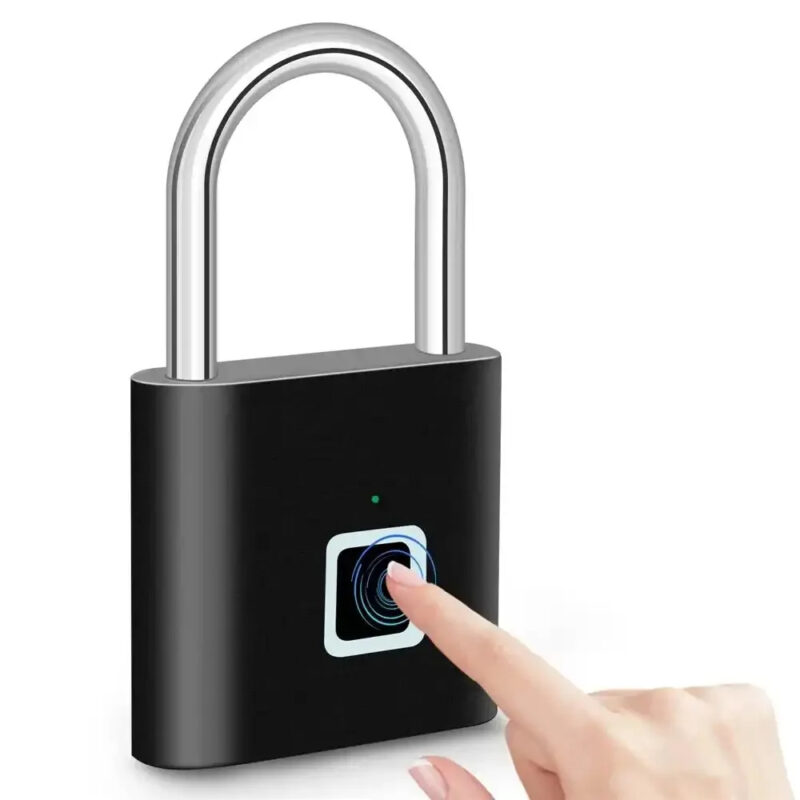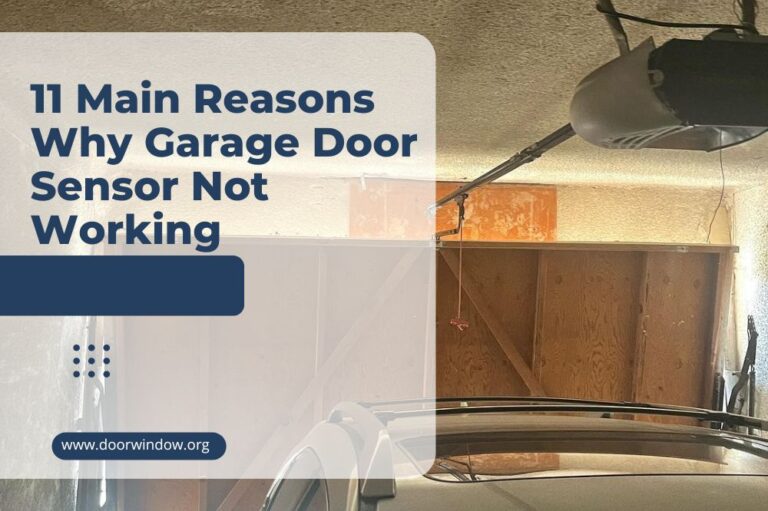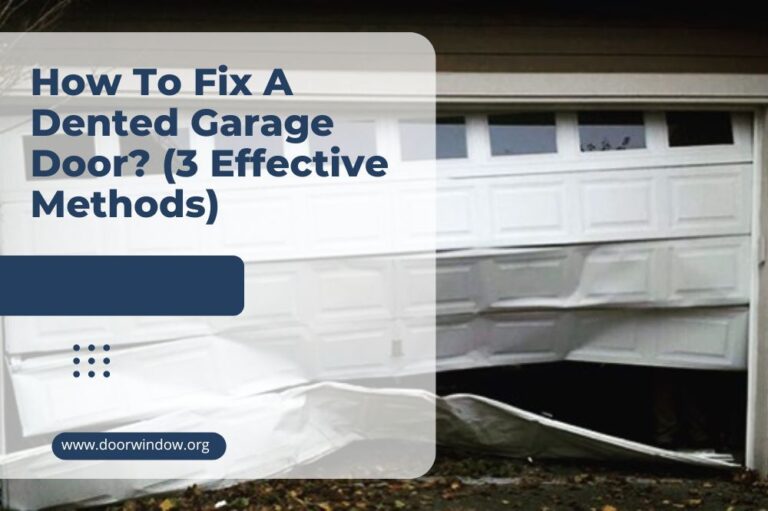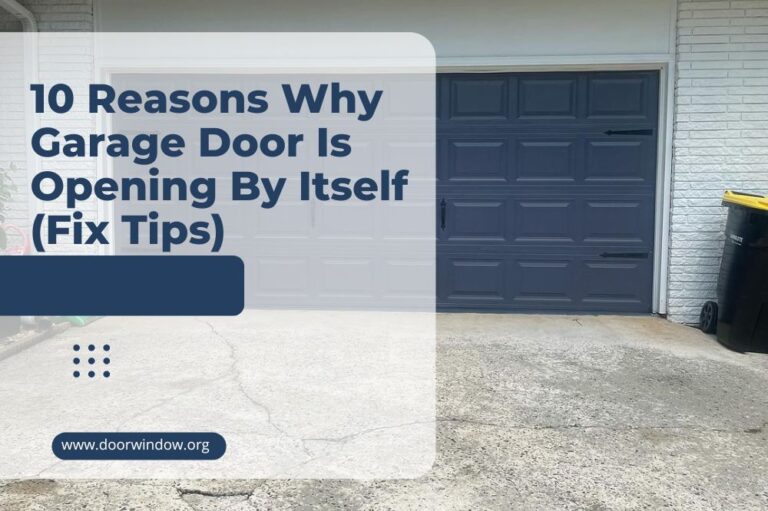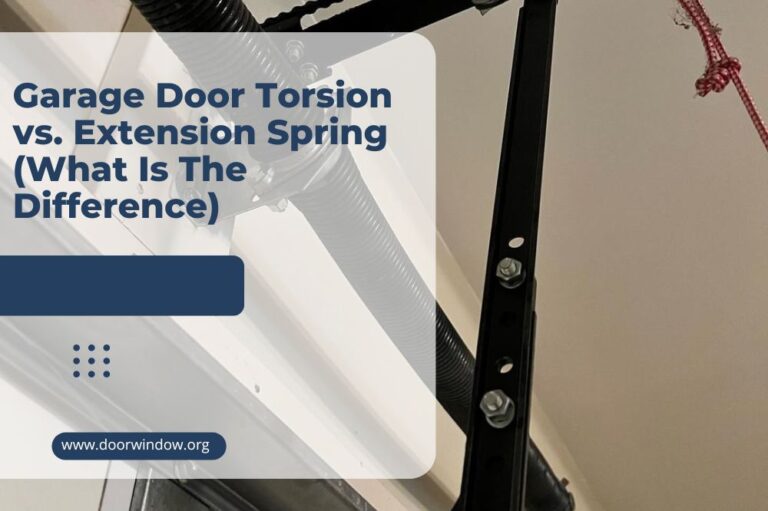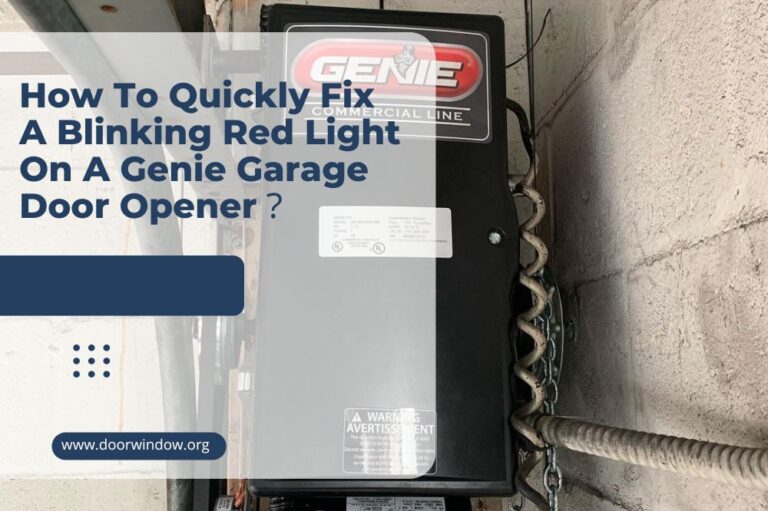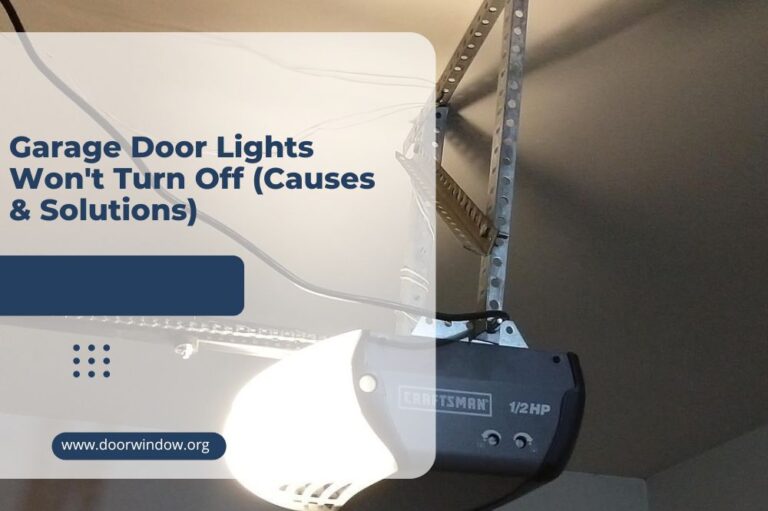Garage Door Not Closing Unless Hold Button? (Common Problems & Solutions)
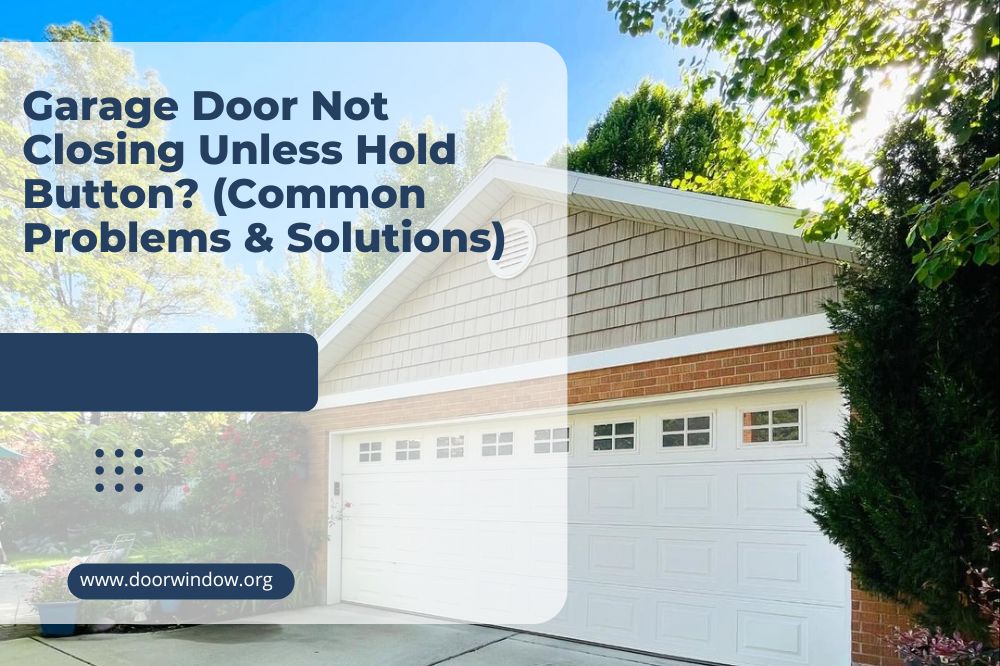
Are you having trouble closing your automatic garage door unless you hold the button? It’s a common issue many homeowners face; luckily, it’s an easy fix.
A faulty garage door must be repaired as quickly as possible to prevent further damage or theft in your home. This guide will walk you through the steps to identify and repair your problem quickly and easily, so you can return to everyday garage use.
Common Causes and Possible Solutions
The reasons for a garage door not closing unless you hold the button are numerous and complex. Here are some of the most common reasons that may be causing this issue and their solutions.
1. An Obstruction or Misalignment of Garage Door Tracks
An obstruction of the door tracks can cause a garage door not to move correctly. The tracks on the side of the garage door guide the door as it opens and closes, and they must be aligned correctly for the door to function properly.
If an object is blocking one of the tracks, such as a rock or branch, this can prevent proper alignment and cause the door to not close. If the tracks are bent or warped in any way, this can also prevent proper alignment and keep the door from closing completely.
In either case, checking your garage door’s tracks for obstructions or misalignments is essential before attempting to troubleshoot further. If you find an obstruction or misalignment, remove the object and then use a level to check for any bend in the tracks.
If necessary, gently use a rubber mallet to realign them back into place. Once the tracks are clean and aligned correctly, your garage door should close without issue.
2. Problems with the Motor or Drive Chain
If the problem persists, it may be due to the motor unit or drive chain. A faulty motor can prevent the door from opening or closing, and a loose or broken drive chain can cause the door not to close.
A faulty connection or bad sensors between the motor and drive chain can prevent them from communicating properly and keep your garage door from closing completely.
To troubleshoot a problem with the motor or drive chain, ensure that the motor and drive chain is securely connected. If the motor is not working properly, you may need to have it serviced or replaced. Once the motor and drive chain function correctly, your garage door should close.
3. A Broken Spring Tension
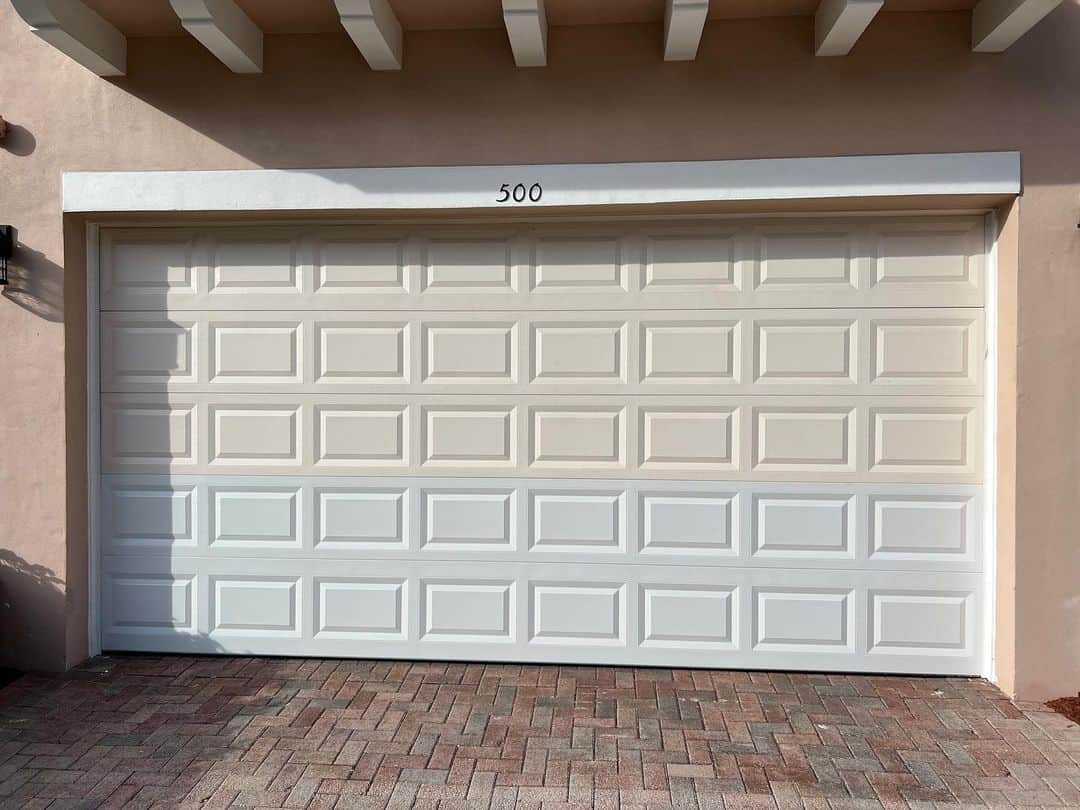
Springs are designed to help lift the door and keep it in place, so if the springs become damaged or faulty, the door won’t close properly. A faulty connection between the spring and motor affects their function and will prevent your door from locking.
To troubleshoot a broken or worn-out spring, first, inspect the springs for any signs of damage or wear and tear. If the springs need to be replaced, you may need a professional to do this for you. Check that the spring and motor are securely connected. Once the spring and motor are functioning correctly, your door will lock with ease.
4. Loose Parts on the Garage Door Opener
Loose wires, bolts, or nuts on your garage door opener can also prevent it from closing properly. If any of these parts become loose, they may interfere with the opening and closing mechanism and cause the door to not close.
You want to observe the sensitivity settings between the opener and all of its parts. If any of these connections have become loose or detached, reconnect them firmly and try closing the door again.
First, check for any signs of wear and tear to troubleshoot a problem with loose bolts or nuts on your garage door opener. Inspect all the wirings for any signs of damage and replace them if necessary. Make sure that all the connections between the opener and its parts are securely attached. Once these parts function correctly, try shutting your garage door.
5. Dead Batteries in the Remote Control
Another common reason for a garage door not to close properly is dead batteries in the wireless remote or wall button. Suppose your garage door opener has an automatic reversing feature. In that case, it will use a combination of electrical sensors and pressure switches to detect if anything is blocking the door’s path as it closes. The door won’t close properly if the batteries powering these components die.
To fix this issue, you must first locate and replace the batteries in your remote or wall switch. Once you’ve done that, test the opener by manually closing it down. If it still doesn’t close properly, you may need to contact a professional for further assistance.
6. Faulty lock-out Button
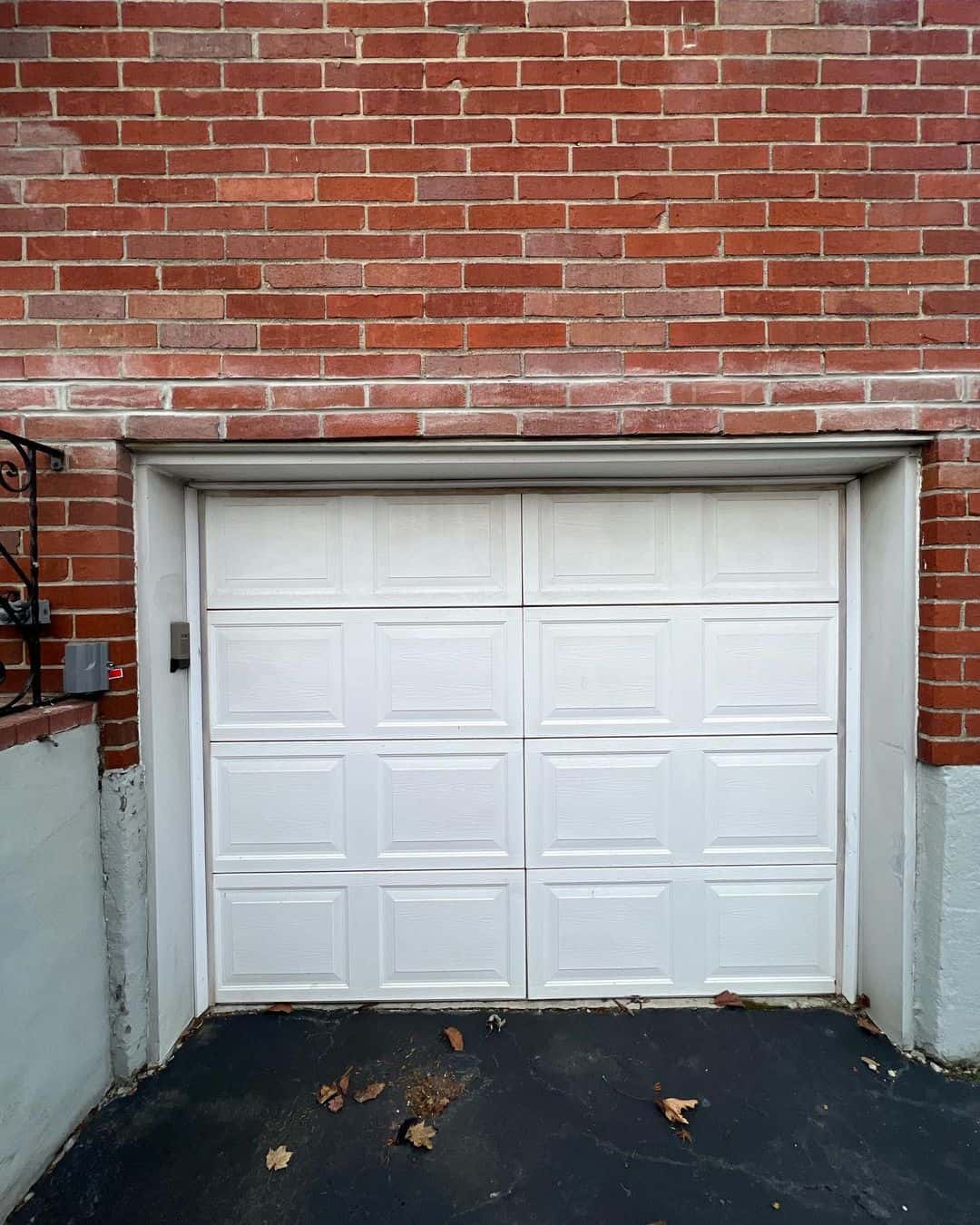
mrgarage516
If the lock-out button is stuck in the “on” position, this can prevent the door from opening and closing correctly. Additionally, if any wires or connections to the lock-out button have become broken or faulty, this can prevent it from functioning correctly.
To counter a problem with the lock-out button, inspect all the wires and connections for any signs of damage. If any parts need to be replaced, you will need a technician to do this for you. Additionally, check that the lock-out button is securely connected and in the “off” position. Once the lock-out button functions correctly, your garage door should close.
7. Malfunctioning Safety Sensors
Nearly all modern garage doors come with photoelectric (or “photo-eye”) sensors that can be detected on both sides of the door. The two sensors are usually placed around six inches from the ground. These sensors prevent the door from closing if an object is in its path.
- Malfunctioning Sensors
Malfunctioning sensors can lead to the door not shutting correctly or at all. If you suspect a malfunctioning sensor is preventing your garage door from closing properly, it is best to call a professional for help.
These sensors are designed to detect when something, such as a person or an animal, is in the way and pause the door from closing. If the sensors become blocked by dirt, dust, or debris, they may not be able to detect objects in their path, and the door will not close. If the sensors become misaligned or their wiring becomes damaged, they may fail to detect objects and keep your garage door from closing.
- Faulty Connection
A faulty connection between the motor and sensor can also prevent them from communicating properly, causing the door to not close. To troubleshoot a malfunctioning sensor, check for any blockages. If dirt or debris is in the way, clear it away and close the door again.
- Misalignment
Additionally, use a level to check for misalignment and ensure that both sensors are lined up correctly. Once the sensors align, your garage door should close without issue.
Regular Maintenance Tips for Smooth Operation
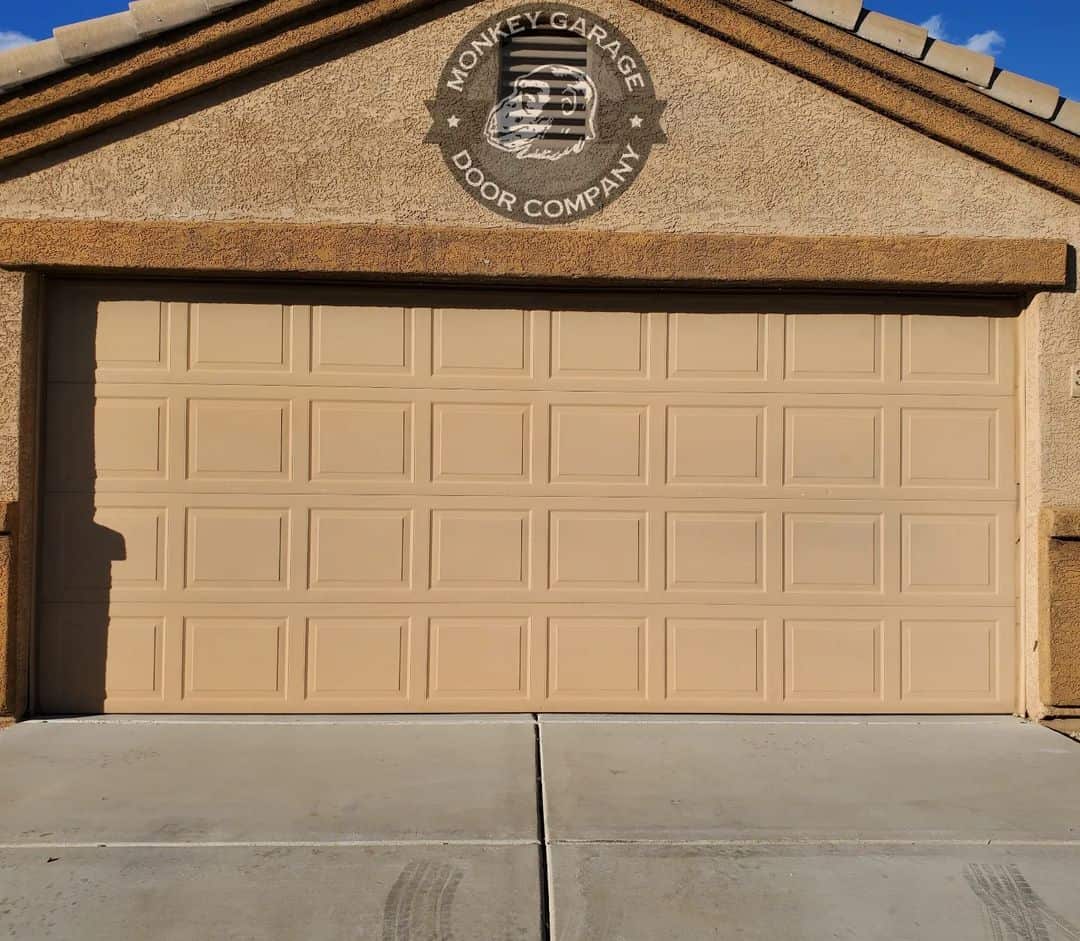
To ensure a properly working garage door, it’s vital to inspect and maintain the system regularly according to the manual. This includes checking for any signs of wear or damage and replacing parts as needed.
- Inspect the system regularly for any signs of wear and damage
- Replace any parts that are damaged
- Lubricate all of the moving parts, i.e., rollers, with good-quality lubricant
- Check all of the wiring and connections to make sure they are secure
- Clean the opener, springs, and motor regularly to keep them functioning properly
- If you suspect an issue, call a professional for help
- Regularly test the system and ensure it is functioning correctly.
By following these safety measures and maintaining your garage door regularly, you can ensure that it continues to operate smoothly, keeping you and your valuables safe.
Should You Call for Professional Help with the Garage Door or DIY?
The answer to this question is up to you. If you are experienced in working with garage doors, it is usually safe and cost-effective to do the repairs yourself. However, if you lack experience or knowledge of how to repair a garage door, it is best to call a professional for help.
If the garage door is not repaired properly, it can be dangerous and cause serious damage to your property or even injury. Therefore, if you are still determining what needs to be done to fix your garage door, it is best to call in the experts.
Professionals can advise on the best course of action and help you find the right parts and materials for the job. Remember that garage door repairs can be complicated and potentially dangerous, so seek professional help when in doubt.
Final Thoughts
Modern garage doors are essential to any home and require regular maintenance to function properly. Regular maintenance and safety measures can keep your garage door running smoothly and closing without issue. If you are unsure how to repair or identify problems, it is highly recommended that you call for professional help.
With proper care and maintenance, your garage door will continue to operate to the best of its ability for years to come.
Have you ever had any issues with your garage door? What worked for you? Share with us the telltale signs of a problem you managed to resolve in the comments.

